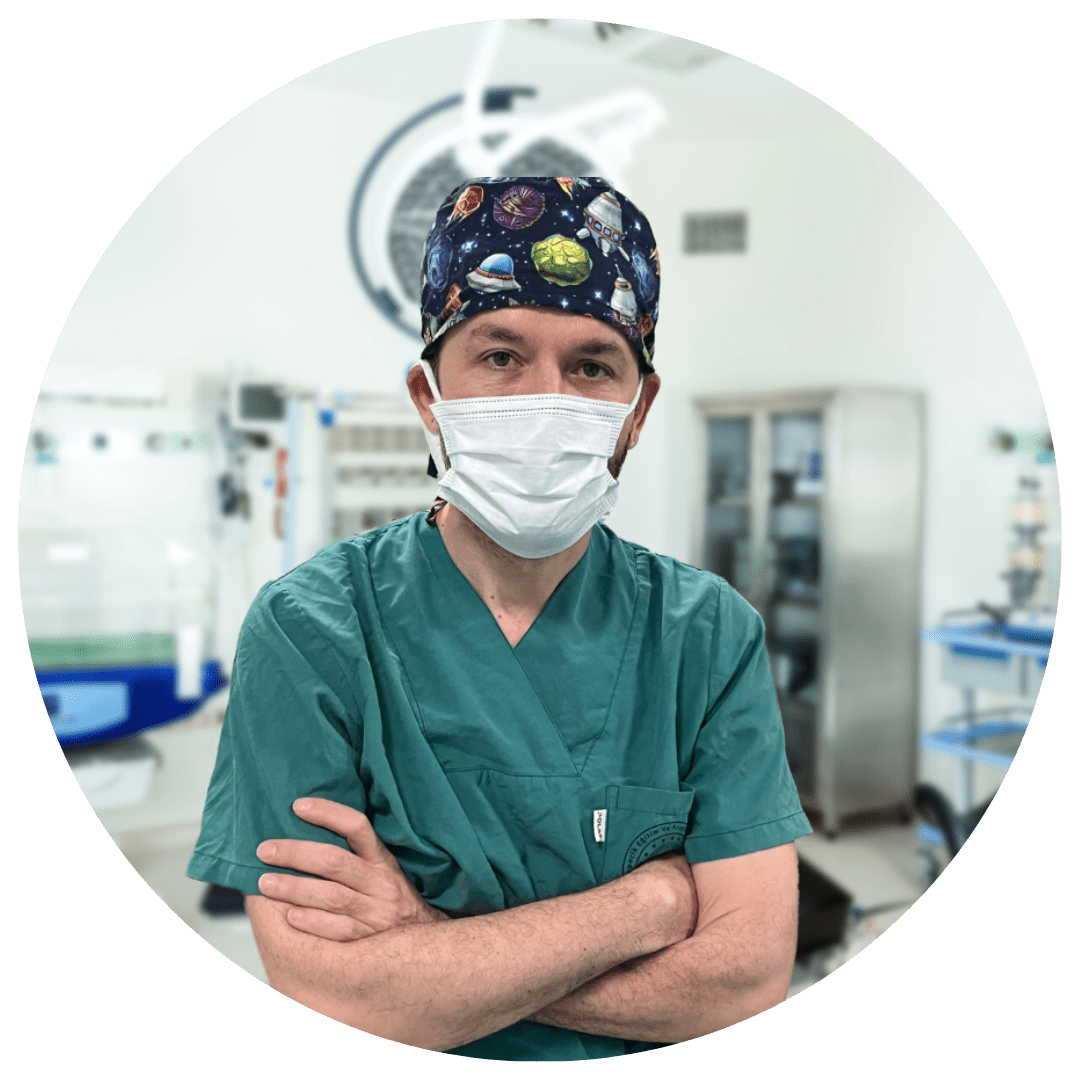- 15 August 2022
- Prof. Dr. Gökhan Koç
- Comment: 0
- Blog
One of the options for the treatment of kidney stones is kidney stone surgery. These surgeries, which can be performed in different types, are surgical methods used to remove a person’s kidney stones. These methods differ from each other and result in different effects and risks.
There are different risks that may arise depending on the type of kidney stone surgery. Now let’s examine the risk factors that may occur depending on these types of surgery.
Since medications are used as a treatment method for kidney stones that are small and can pass spontaneously, the side effects of these medications can be considered among the risk factors.
In closed kidney stone surgery (RIRS), as in every surgical procedure, there are complications that may arise and certain risks that these complications may cause.
These include high fever, urinary tract infection, bleeding in the urine, injury to the channel between the kidney and bladder called the ureter, inability to reach the kidney stone, and failure to break the stone completely, leaving the stone removal process to the second session.
However, although rupture of the ureter is a rare complication, when it occurs, it requires conversion to open surgery. These possible complications we have mentioned are among the possible risks in closed kidney stone surgery (RIRS).
Surgery risks are among the issues that should be discussed and clarified with the doctor who will perform the surgery before deciding on surgery.
Open kidney stone surgeries (Pyelolithotomy/Nephrolithotomy) are among the surgeries that have certain risks and possible complications. These complications and risks should be discussed in detail with the specialist doctor before deciding on surgery, and the decision should be made at the end of this conversation, being aware of the risks.
If we talk about the risks of open kidney stone surgery, also called Pyelolithotomy or Nephrolithotomy, we can start as follows; The position of your body during the operation may cause muscle pain after the operation.
This is one of the results of surgery that does not carry serious risks. Another is possible bleeding in large renal vessels. In such a situation, blood transfusion may be required along with an additional surgical procedure.
During the surgical procedure, the kidney may be adhered to the intestines. In this case, that part of the intestine may also need to be removed. As a result of such a procedure, the surgical wound may be longer and the need for temporary or permanent ileostomy or colostomy may arise.
As a result, the hospital stay may be prolonged. Possible hidden bleeding in the abdomen is among other risks. When faced with such a situation, fluid therapy or additional surgical intervention may be required.
Additional surgical intervention is needed more often when bleeding does not stop and cannot be controlled. Complications of infection that may occur include the accumulation of pus in the abdomen. For the treatment of this infection complication, either additional surgical evacuation or antibiotic treatment is applied.
The inability to empty the bladder easily after surgery, which is more common in male patients, may require a urinary catheter. It is a temporary condition and lasts until urinary functions are restored. Partial or complete wound opening may be observed, especially in overweight patients.
After surgery, adhesions may occur between the intestines. These complications, which may occur in the long term or in the short term, may require surgical intervention. Conditions such as kidney failure may develop and the need for dialysis may arise.
Intestinal injury may occur, which may cause intestinal contents to leak. After surgery, bowel movements may slow down. And it may even stop. In this case, which causes bloating and vomiting, fluids, antibiotics and surgical intervention may be required.

Prof. Dr. Gökhan Koç graduated from Gazi University Faculty of Medicine in 2000. After his graduation, he worked as a research assistant in the urology clinic at Tepecik Training and Research Hospital for 5 years and became a specialist doctor in 2007. He currently provides services in urological surgery in İzmir.




